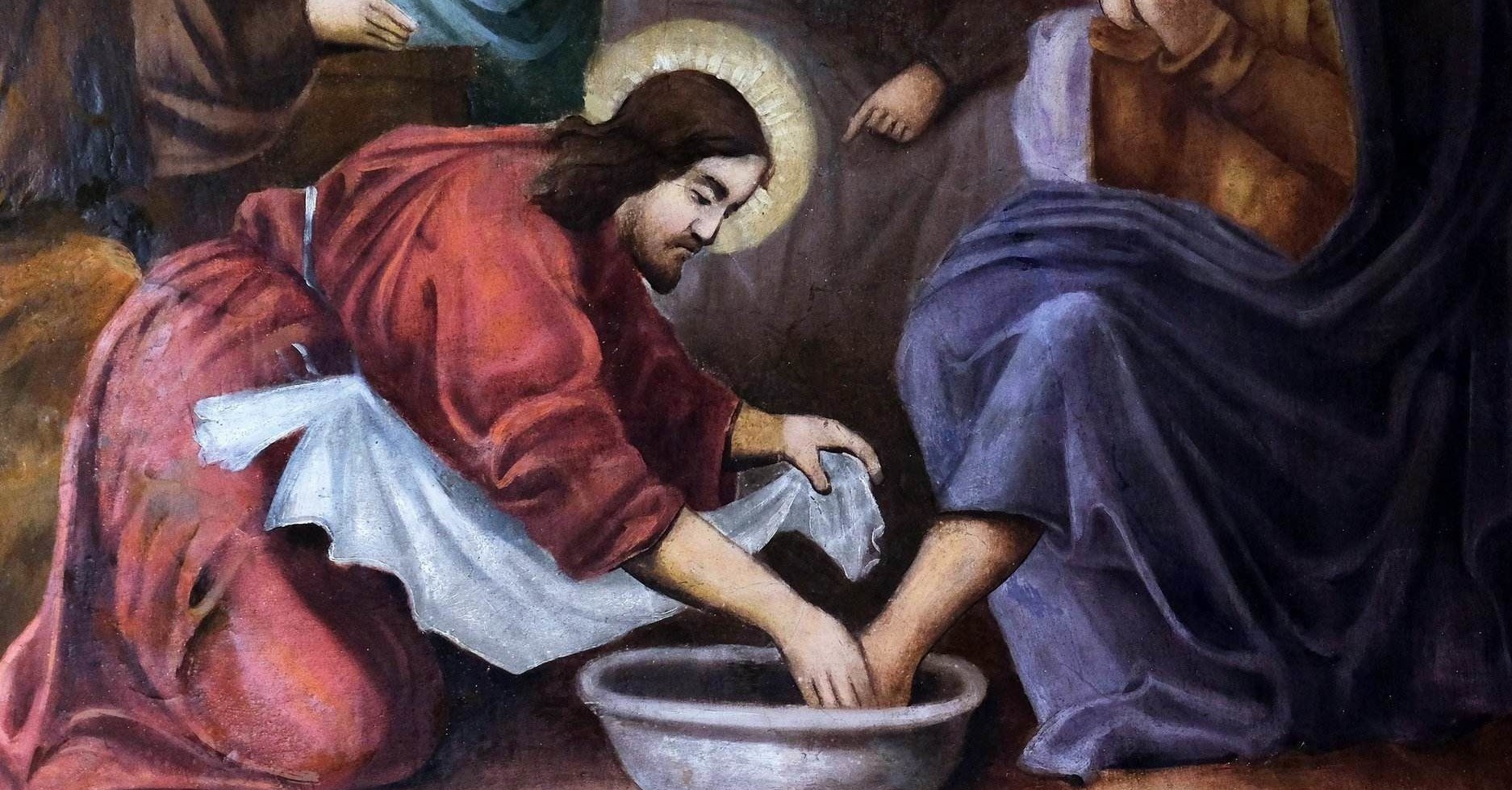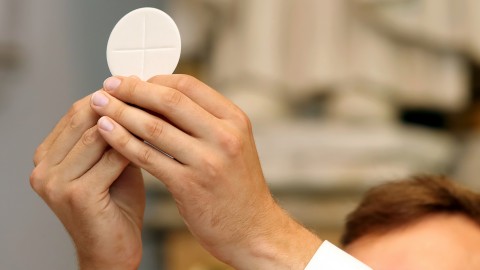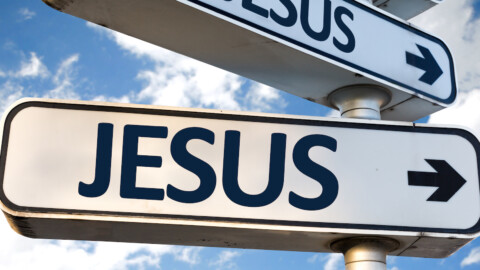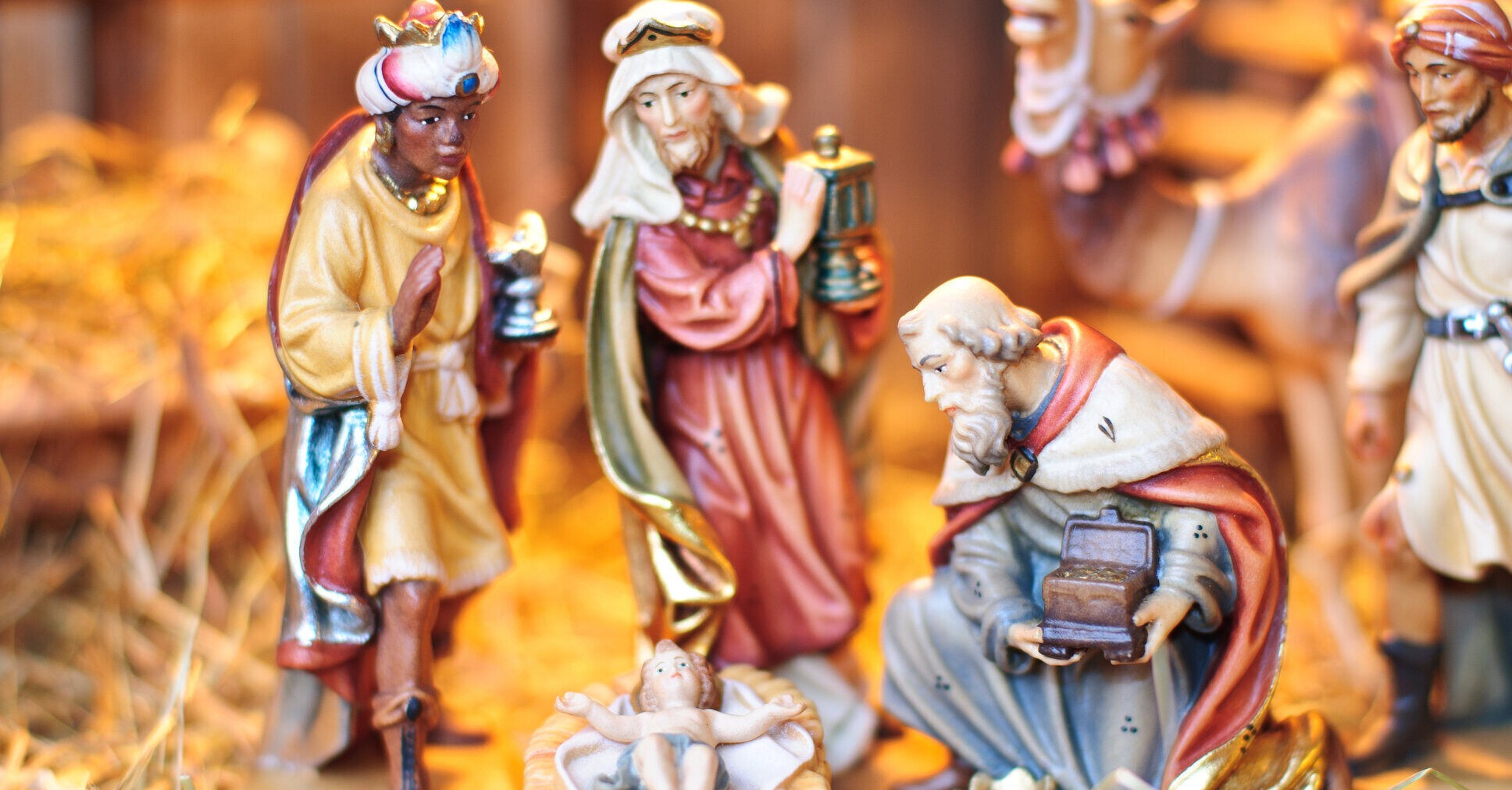Proper 10, 10 July 2022
Live streaming can serve a purpose, but it cannot replace gathering together physically. The Jews went on pilgrimage to Jerusalem three times a year. We wake up on Sundays and say, “This is the day of the Lord”; it’s extremely important, and will change our lives and society. God gave us six days in a week, but one day is His. If I were to take it for myself, I would lose, not gain, by relegating Him to the fringes. Why would I not put God first, at the very centre of my life? Only He can help us; we should not push Him aside and say, “I’ll call you when I need you”. We can think of many reasons not to go to church on Sundays, but I go to church because I love God who loved me. If I put God at the centre, everything else is secondary. I may not have everything in this life; but if I have Jesus, I have everything, and that can never be taken away from me. Jesus said it’s a deception to acquire the things of the world and lose God. C.S. Lewis said that if you focus on God, you have the world; but if you focus on the world, you lose God.
We gather to be God’s dwelling place on earth
As we focus on evangelism and the Spirit in the Church, we might think it would have been better if Jesus had stayed on earth rather than ascending to heaven. If He were here in His resurrected state, how big a stadium would be needed to accommodate everyone?
But that was not God’s plan. Out of Jesus’ death and resurrection, and from His side, came the Church as the visible, tangible witness to God’s Kingdom on earth – not a building, but the body of Christ, God’s family that gathers together. After Christ’s ascension and the outpouring of the Holy Spirit at Pentecost, the early believers became the visible witness of His presence, God’s tabernacle on earth. It’s not correct to say we go to church – rather, we gather to be the Church. At that particular point in space and time we are the Kingdom of God. As God’s people of God, gathered in His name, we’re His Kingdom on earth and the place where He chooses to dwell. He doesn’t dwell in buildings made with hands:[i] Saint Paul says,
“Do you not know that you are the temple of God, and the Spirit of God dwells in you?”[ii]
We are the community who profess faith in Jesus Christ. “Church” in the New Testament refers not only to local communities, but also in a universal sense to all believers.
The early Christians met in the homes of wealthy converts; not until the fourth century were edifices constructed as gathering places for God’s people. The Dom in Cologne took 800 years to build; when we have a church building, it will be for our children, grandchildren, and great-grandchildren to be baptised, meet Jesus, hear God’s Word, and become a witness to Europe for centuries to come. Many churches in Europe have become museums and need to be reclaimed; others are empty, whilst there are churches with people that need buildings.
The Good Samaritan
In today’s Gospel, an expert in the Law asked, “What must I do to enter God’s Kingdom?” We must put our trust in Jesus: no one can go to the Father except through Him. There’s nothing we can do to attain eternal life – it’s what Jesus did that allows us to receive it.

Not satisfied with Jesus’ answer, he tried to push Him further: “If I am to love God and my neighbour, who is my neighbour?” If my neighbour is not a good person, should I help him?
According to the Church Fathers, the parable of the Good Samaritan is about the fallenness and redemption of humanity. It’s not simply the story of a good person trying to help someone – although that’s an integral part of it. Jesus acted out of compassion. Christians should follow Jesus’ example and do everything out of compassion. This is why Jesus fed the multitudes and healed the sick, and why we should help others.
The fallenness and redemption of humanity[iii]
Jesus travelled from Galilee through Jericho to Jerusalem; but the man who was wounded in the parable was going in the opposite direction. Jerusalem represents the garden of Eden; humanity departed from the garden where everything was provided by God. This was not a journey God wanted the man to take; he intentionally made his own decision to leave and go somewhere else, not blessed and sanctioned by God, to assert his independence. That man is Adam, accompanied by Eve.
As he journeyed towards Jericho, he fell among thieves, everything was taken away from him, and he was left half dead. The thieves were the demonic powers that stripped humanity of all the virtues with which God endowed us.
The priest and the Levite represent the Mosaic Law; they passed by, which confirms Saint Paul’s saying that by the Law no man is justified.[iv] This is depicted by their hastening to the temple to offer sacrifices repeatedly.
God heals humanity
In the fullness of time, God sent His Son Jesus Christ as the “Good Samaritan” to humanity that was beaten by demonic forces. He bandaged his wounds, poured oil and wine on them, put the wounded man on His animal, took him to an inn, and took care of him. Samaritans and Jews did not have a good relationship, but were antagonistic towards each other: While we were God’s enemies, Christ died for us.[v] The next day (which for the Church Fathers is Sunday),
“he took out two denarii and gave them to the innkeeper saying, ‘Take care of him. Whatever more you spend I will repay you when I come back’”.[vi]
The oil and wine represent the Sacraments, which are given to us for our healing, and that of fallen humanity; they are not a duty, but they’re manifestations of God’s grace. Jesus washed the wounded man with the waters of Baptism, cleansing his wounds, and into those wounds He poured His grace in the form of the anointing oil, holy Chrism, and the Eucharistic wine, to prevent infection. One can die from an infected wound.
Jesus blessed the fallen man with the grace of the Sacraments. Patrick Reardon says He initiated him into the life of the Church: the inn is the Church, and the innkeeper is the Holy Spirit. Until Jesus returns, the Church, through the Sacraments, and the Holy Spirit take care of us so we might grow into the likeness of Christ. The Church is where Jesus intends the wounded of humanity to be cared for. Someone said, “The Church is a hospital for sinners, not a museum for saints”. We attend the Eucharist not to satisfy a religious obligation but because we need healing. We were the least, the lost, and the lonely; and without Christ, we still are.
We need God’s grace
Some say the two denarii represent the Old and New Testaments. However, Scott Hahn identifies the two graces Saint Paul wrote about in his letter to the Corinthians. The coming of the Holy Spirit, and His presence and work in the Church, is to manifest two graces: charismatic grace and sanctifying grace.
- Charismatic grace is to build God’s Kingdom and the Church: it’s for the benefit of others, not of self. Gifts such as prophecy and faith are for the Church. Without this, the Church will never grow; we need the working of charismatic grace in our midst to grow as a community. We need to listen to each other’s testimonies, pray for the sick, and function in the different gifts.
- Sanctifying grace is for individual Christians to grow in Christ’s likeness, without which we cannot enter God’s Kingdom.
The moment we wake up in the morning, many of us think, “I’m going to work”; but you cannot survive the day without depending upon the grace and mercy of God. Some people go to sleep and never wake up. Our first thought should be, “Lord, thank You for the life You have given me, and Your mission upon earth. I depend upon Your grace and mercy; otherwise, I am nothing and can do nothing.” God offers Himself to us, because He knows we need Him. You cannot receive God’s grace in the market, your favourite restaurant, or popular events and festivals; it’s only available in the Church, where the Spirit of God is. If we realise that we are nothing without God’s grace and mercy, then we come to Him. We don’t have to come begging, but God offers us His grace and mercy so that at the end of our lives, when we see Him, we will be like Him.[vii]
The only way the Church can be what God wants her to be is by His charismatic grace. The only way you and I can be Christlike – Jesus said, “Be perfect, as your heavenly Father is perfect”[viii] – is by His sanctifying grace. We all need His grace. We are nothing unless we are dependent upon the grace and mercy of God. He is waiting to pour upon us His grace and mercy.
Heavenly Father, we turn to You, and we thank You for reminding us of this beautiful story. Many of us are beaten and have struggles in life, and we need healing: emotional, physical, mental, psychological…. Lord, we come to You and acknowledge the presence of Your Holy Spirit, and of Your grace, pouring oil on our wounds where we battle with demonic forces. We pray You would bring healing and rejuvenation in our marriages and relationships.
If you need any kind of healing, say, “Lord, I need Your grace of healing, in Jesus’ name.” If you need faith because God is taking you to the next step, ask Him for the gift of faith.
You said lay hands on the sick and they will recover. I pronounce healing from the top of your head to the soles of your feet, in Jesus’ name.
Jesus offers Himself to us in the Eucharist to stop the power and infection of sin that entered humanity; this is the antidote to death, by receiving the body and blood of Christ.
Viktor Frankl, an Austrian concentration camp survivor and psychiatrist, wrote a book called The search for meaning. Every human being searches for a sense of meaning in life, but every Christian searches for God’s will: your whole life journey is to seek and live in God’s will. You are not searching for money or happiness, but for God’s will. In Christ you have everything, not only in this life but also in the life to come. Let us live in God’s will for His glory and honour.
Study questions:
- Do you treat Sunday as the Lord’s Day or as your day? How important is it to you, and how has it changed your life? How could it change society?
- Is Jesus everything to you? Are you more focused on the world or on Him, and what are the consequences?
- Do you think of your church as a place you go, or as God’s dwelling place on earth of which you are a part? How does this shape your sense of identity and your experience of Sunday worship?
- Do you see your church and yourself as a visible witness of God’s presence on earth? How does this influence your approach to reaching out to others?
- Are you more focused on seeking God’s will for your life, or choosing your own direction independently from Him? If you have ever gone against His will, what were the consequences?
- Do you regard receiving the Sacraments more as a duty or as a means of healing? How does this affect your attitude towards participating in Sunday Mass?
- Do you see your church more as a museum for saints or as a hospital for sinners? How does this affect the way you look at the church, other members of the church, and people you might consider inviting?
- In what ways have you experienced God’s charismatic grace and His sanctifying grace in your life and in the Church? How have these graces changed your life and the lives of others around you?
- To what extent have you accepted that only God can help you? How dependent are you upon His grace and mercy in your daily life? In what particular ways do you need them?
- Are you primarily seeking God’s will or your own fulfilment? What have been the results so far, and are you satisfied with them?
[i] Acts 7:48, 17:24
[ii] I Corinthians 3:16
[iii] Some of the details in this and the following section are from Fr. Patrick Reardon
[iv] Romans 3:20
[v] Romans 5:8, 10
[vi] Luke 10:35
[vii] I John 3:2
[viii] Matthew 5:48









